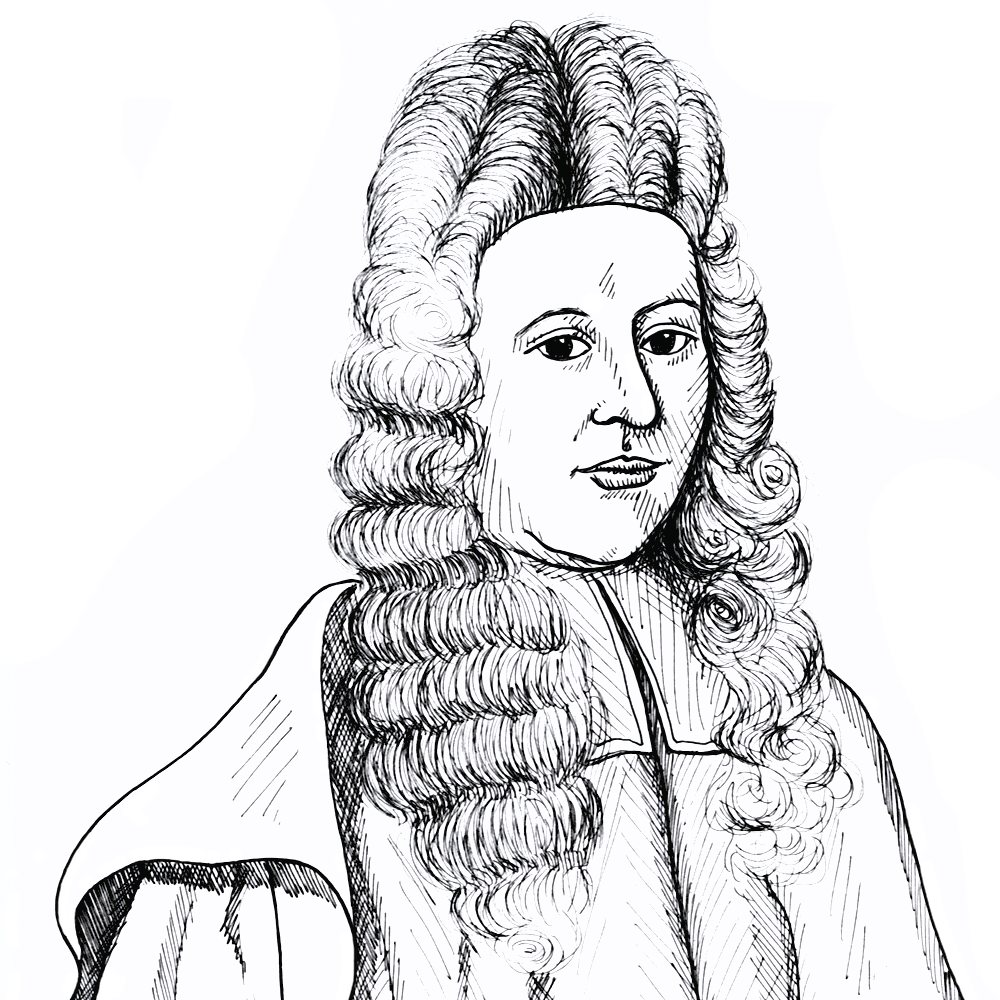
John Trenchard identifies who will benefit from any new war “got up” in Italy: princes, courtiers, jobbers, and pensioners, but definitely not the ordinary taxpayer (1722)
Found in: Cato’s Letters, 4 vols. in 2 (LF ed.)
John Trenchard (1662-1723), one of the author’s of Cato’s Letters, warned in 1722 that a new war with Italy would allow "many princes (to) warm their hands at it, whilst their subjects will be burnt to death," and reward many jobbers and courtiers who stood to personally benefit from increased taxes and debt:
War & Peace
We find by woeful experience, that three shillings in the pound has not maintained the current expence of the government, but we have run still in debt. The money given for the Civil List has not defrayed that charge, but new and large sums have been given to pay off the arrears; which, it is said, are not yet paid off. New salaries and new pensions have been found necessary to satisfy the clamours of those who will never be satisfied; and the greater occasions which the courtiers have, and the greater necessities which they are in, the more will still be found necessary: for it is no news for artful men to engage their superiors in difficulties, and then to be paid largely for helping them out of them again.